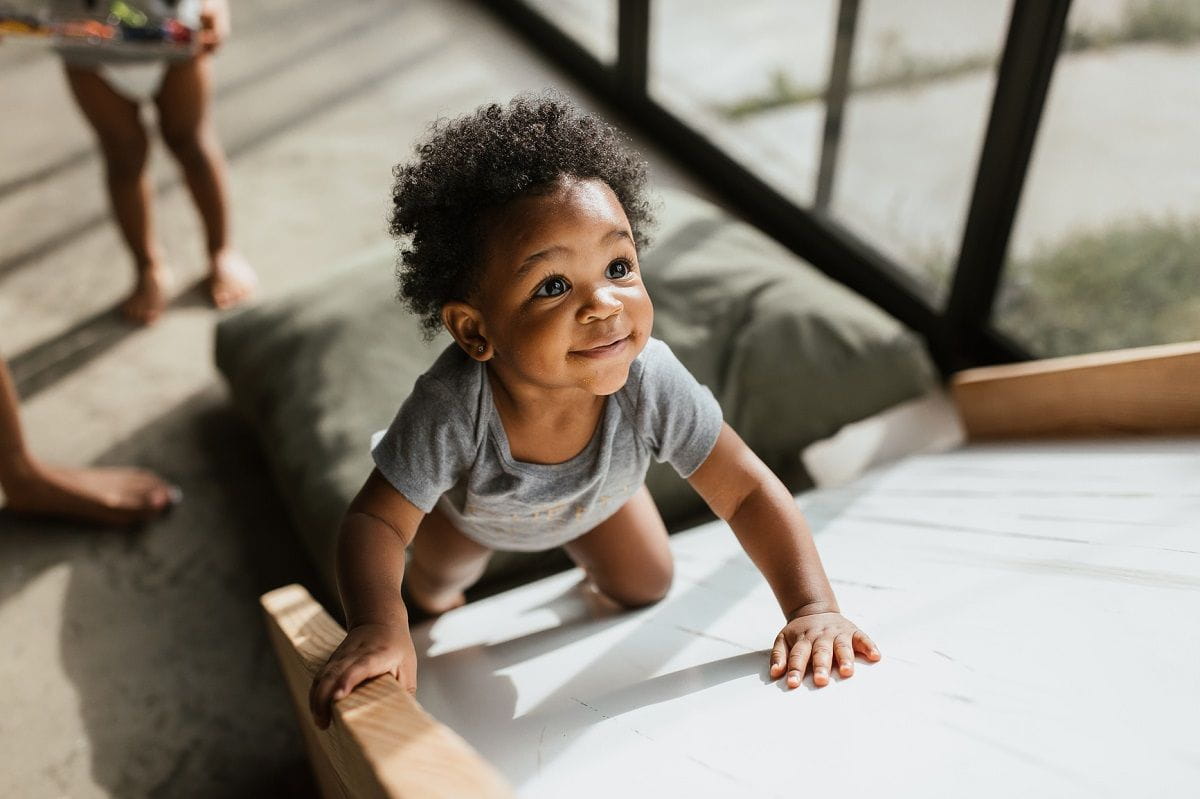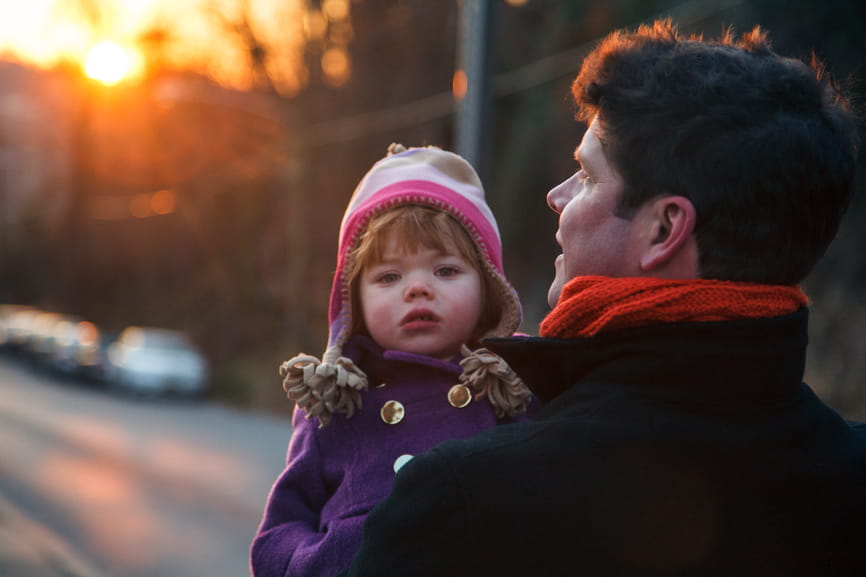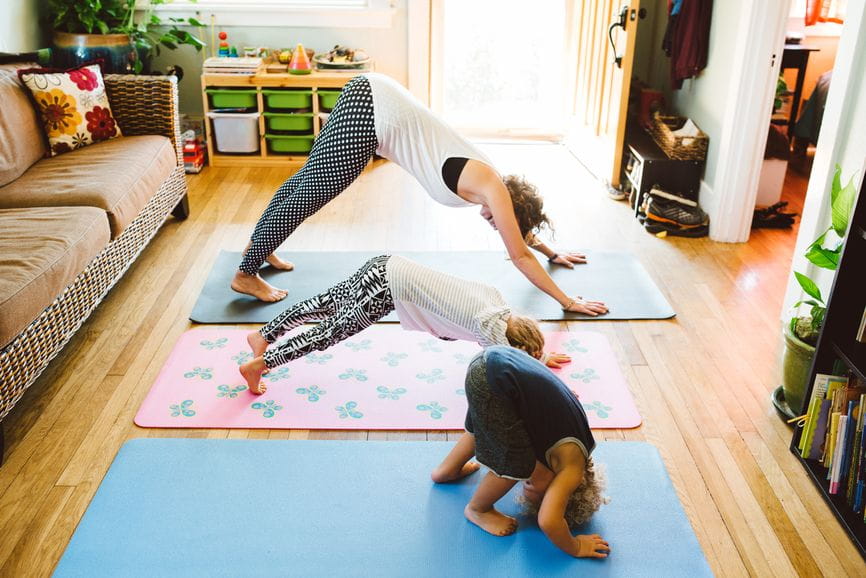For Some Kids, Change Is Hard (Like Foot-Stomping, I-Don’t-Wanna Hard). Here’s How to Help Them Be a Little More Flexible

By Cheryl Flanders
Flat tires. Burned dinners. An outflow of cash you didn’t expect. Sometimes things go awry, and even well-grounded adults can lose their sense of calm. So we shouldn’t be surprised, that when faced with sudden changes, many kids have a tendency to, well, freak out.
Let’s set the scene: It’s Thursday, your family’s designated pizza night, but when you arrive at your favorite pie shop, it’s unexpectedly closed. In a valiant effort to save the day, you suggest a super fun taco restaurant down the way—“Hey, there’s even a mariachi band!” But your son replies with tears, feet-stomping, and wails of “But I want to eat pizza here!”
Why can’t your five-year-old roll with the punches? Well, kindergarteners and young school-agers lack what is called flexible thinking (or cognitive flexibility in academic parlance). An important executive function skill, cognitive flexibility allows us to adapt to new plans or ideas and adjust our behavior accordingly—it’s what helps us “think outside the box.” In an ever-changing world, that’s an important skill, but young children are still learning how to do that. That’s why you have no problem switching gears to taco night, but your kiddo insists on a slice of pepperoni asap—even when it’s clear that the restaurant is closed.
Adding to the frustration is the fact that most kindergarteners and young school-agers are creatures of habit. Routine is their comfort zone; predictability is their stability. Still, cognitive flexibility is crucial: It allows us to see others’ viewpoints, find new approaches for math problems, or embrace an impromptu taco night if we must. Developing this ability can be frustrating for children, but you can make it easier with these fun activities:
1. Explore words that have two meanings (and have a laugh). Tell her a joke that plays on words, such as: “Why are fish so smart? Because they live in schools.” Talk about the two meanings of the word school and see if she can think of other words with double meanings.
2. Imagine different uses for everyday objects. What can you do with a cardboard tube—or a funnel? Sure, you can pour liquid through a funnel, but maybe it could be used as hat, a trumpet, or a new toy for the cat!
3. Make up new rules for familiar games. Run softball bases in reverse order, go up a slide, or take up a challenge by reinventing the rules to a board game.
Keep it fun and switch gears if he starts to get frustrated or discouraged. With a little time and patience, he’ll learn that when life takes his pizza, he can eat tacos!




